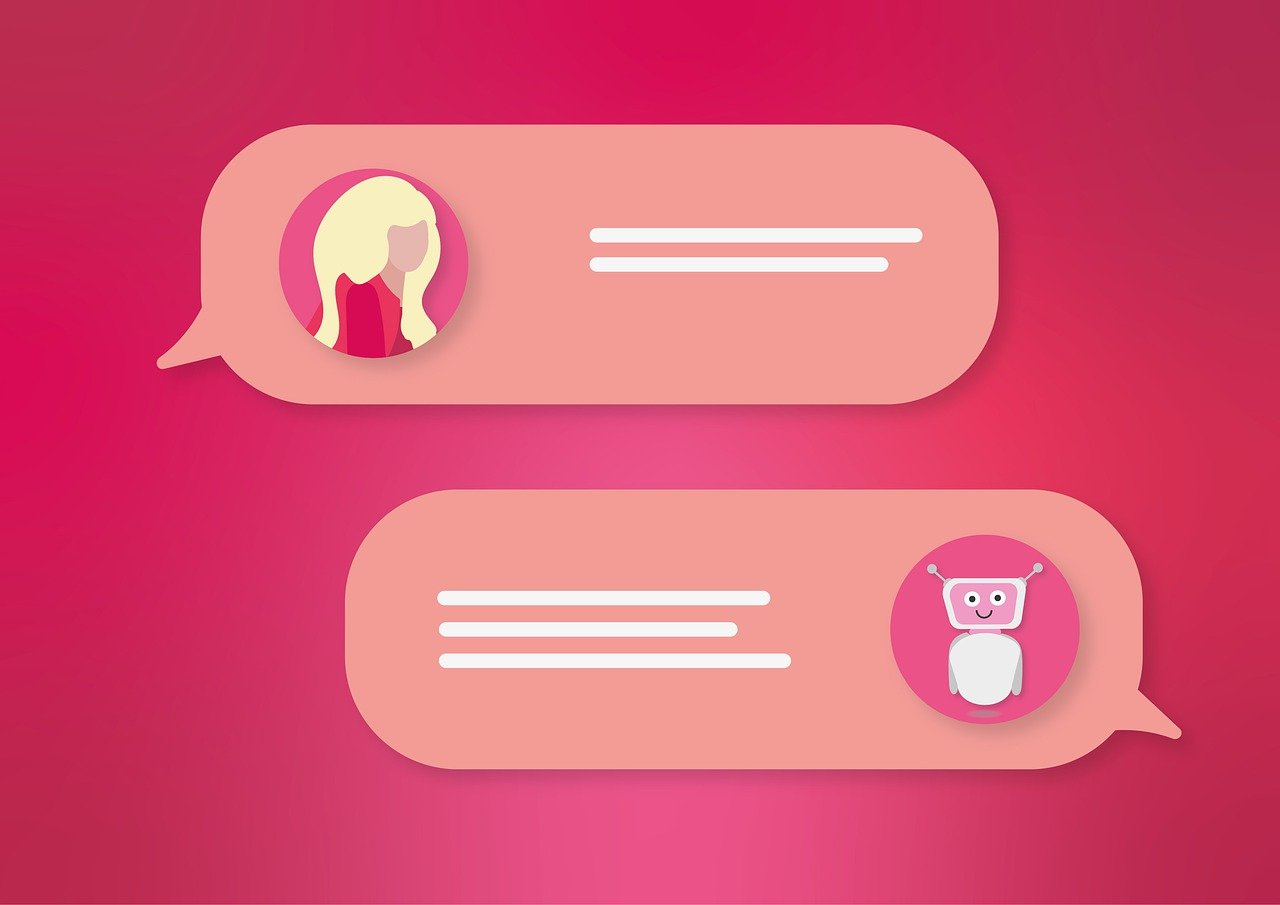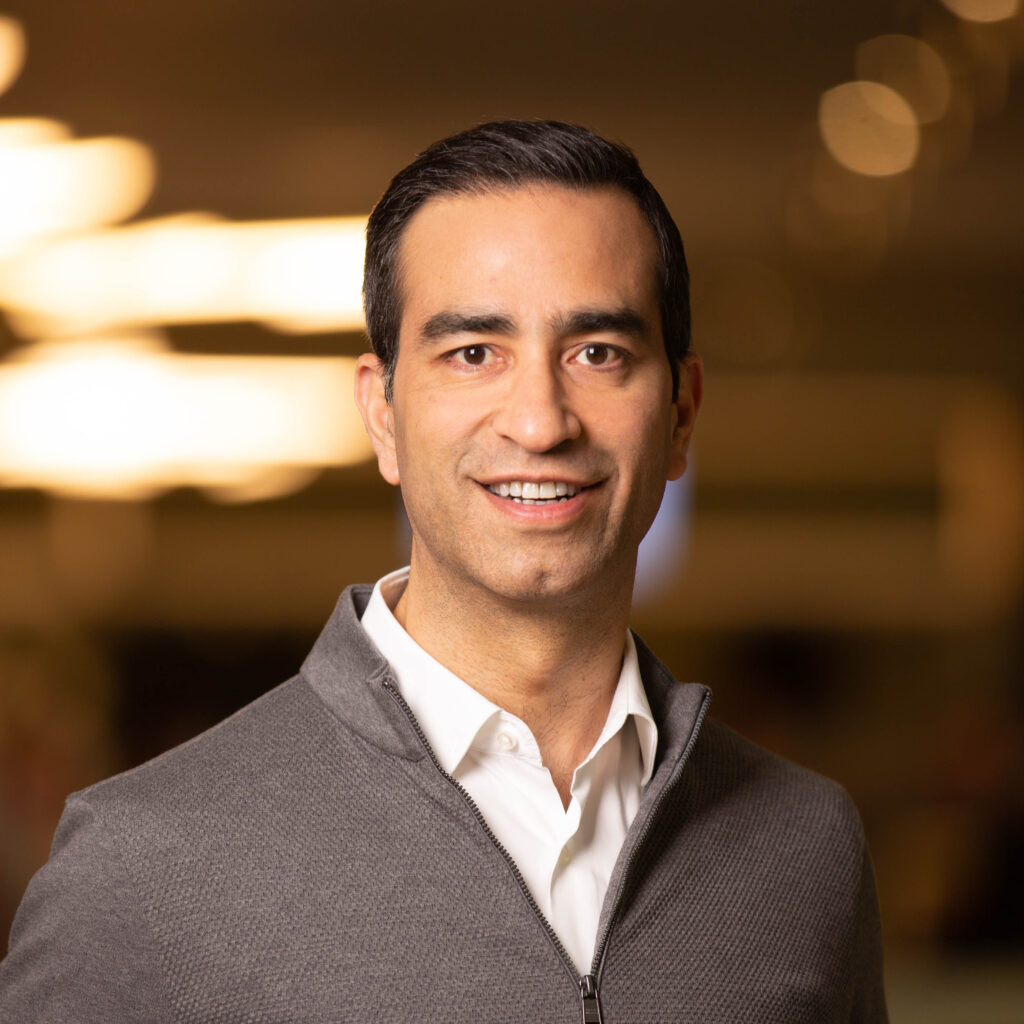PwC is piloting its new generative AI tool, ChatPwC, as part of its focus on leveling up its AI capabilities and offerings.
The tool will act as a conversational AI assistant for employees, functioning similarly to popular available models such as OpenAI’s ChatGPT or Anthropic’s Claude. Offering secure and private domain access to OpenAI’s technology, the model has been propagated with data that covers common tax questions and regulations.
ChatPwC has already begun being provided to employees via a phased approach. Currently, around 1,000 employees have access to it and the company plans to focus on expanding access throughout the summer.
PwC’s objective is to grant all of its 75,000 US employees access to the generative AI tool, before rolling it out for use globally.
The generative AI model forms part of the $1bn, three-year AI roadmap that was laid out by PwC’s US firm in April. The company also plans to bolster AI offerings for customers, strengthen partnerships with tech companies and upskill 65,000 employees with the investment.
This development marks just the latest in a line of AI upgrades from PwC dating back to research and development from 2017. It follows the company’s alliance in ContractPodAi, also back in April this year, and notably its global partnership from March this year with AI startup Harvey, a platform backed by the OpenAI Startup Fund, and built on OpenAI and ChatGPT technology to automate and enhance legal work.
Because of the recent acceleration in popularity for the tool, the company wanted to treat itself as client zero and took a hands-on approach to fine-tuning tools, frameworks and training programs.
Scott Likens, global AI lead and US innovation technology lead, PwC said: “We made the initial wave of investment in ChatPwC, which is our interface to leveraging the large language model from OpenAI and then others as needed.
“To do that, we had to make it valuable to the work we do every day, so that means bringing in some of our own [intellectual property].”
Likens also added: “We feel passionately about this being additive, not replacing what our people do. Of course, there are opportunities to be more efficient, have higher quality, but we wanted everyone to kind of understand what this meant and invest in our people and do it right.”






